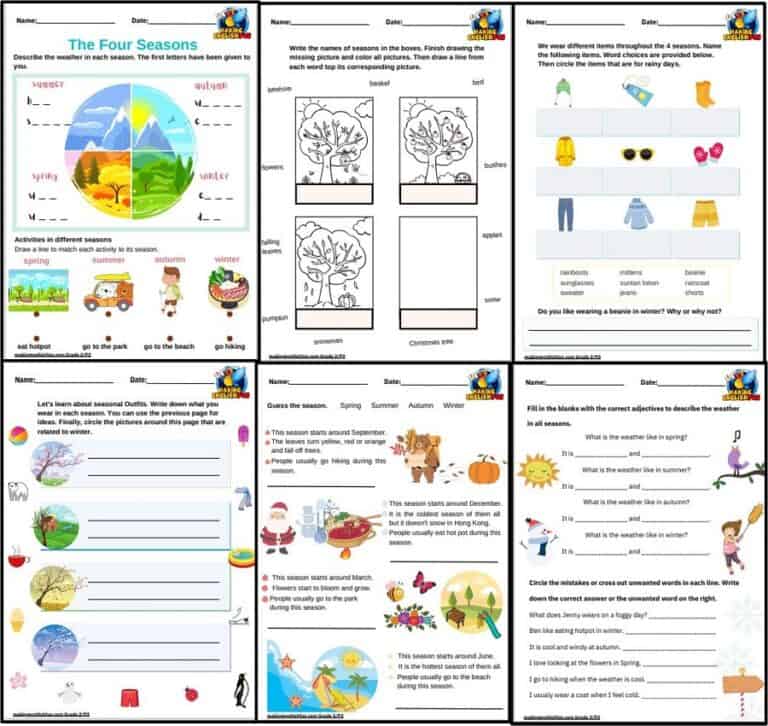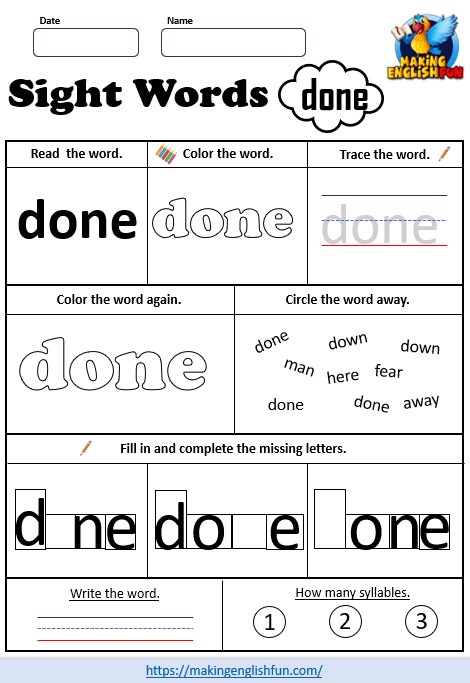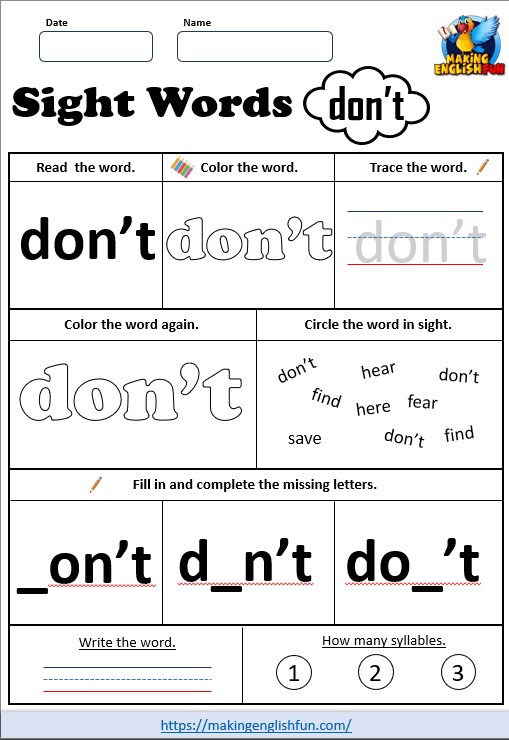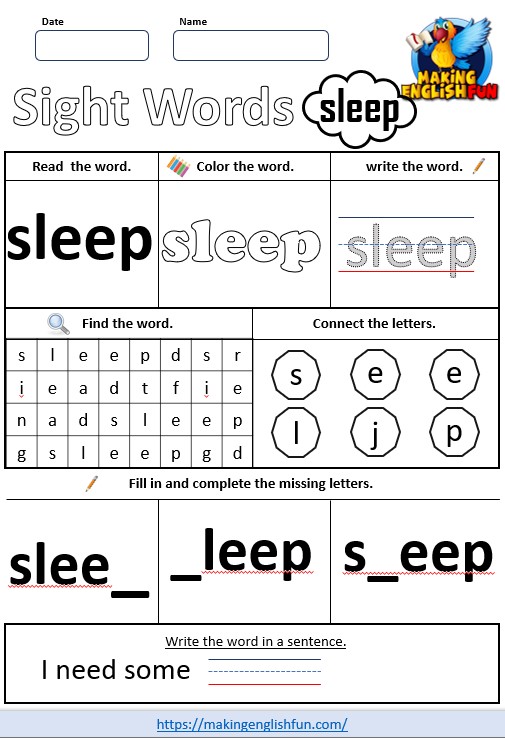Definitely or Definately? Which Spelling Is Correct?
In English, a common spelling mistake involves the word “definitely.” Many people are uncertain whether it should be spelled as “Definitely” or “Definately.” (Us too on occasion!)
This mix-up is a prevalent issue, and understanding the correct spelling is important for clear and effective communication.
“Definitely” is often used to express certainty and assurance, making it a crucial word in both written and verbal exchanges.
This article aims to clear up any confusion about its spelling, providing a clear guide on how to spell it correctly and how to use it in your daily communication.
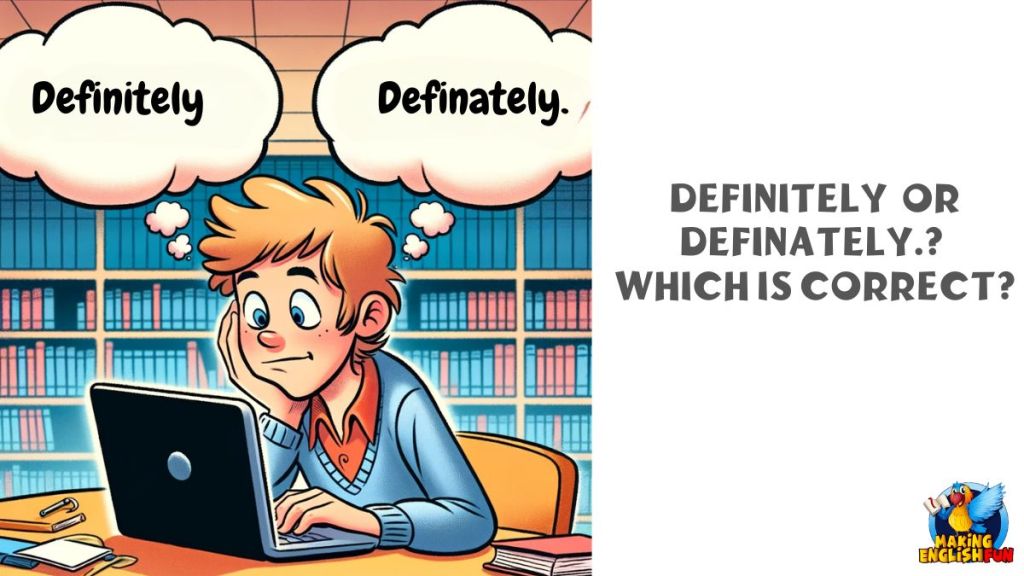
Correct Spelling and Definition
The correct spelling is “Definitely,” with an ‘i’ before the ‘t’.
“Definitely” means without doubt, clearly, or unequivocally.
For example, when someone says, “I will definitely be there,” it conveys a strong assurance and lack of ambiguity about their presence.
Common Spelling Error: Definately
The misspelling “definately” is a common error. It may occur because of how the word sounds when spoken, leading to a mistaken belief that an ‘a’ should be used instead of an ‘i’.
However, the correct spelling is always with an ‘i’, aligning with the word’s etymological roots and pronunciation.
Etymology and Historical Development
The word “definitely” comes from the Latin word “definitus,” meaning “fixed, settled, or determined,” which is the past participle of “definire” (to finish, conclude, or set boundaries).
This origin is reflected in the meaning of “definitely” as expressing certainty and definiteness.
The spelling with an ‘i’ before the ‘t’ aligns with its Latin roots and has been consistent throughout its usage in English.
Usage in Different Contexts
“Definitely” is frequently used to express certainty or assurance in various contexts.
- In sentences like “She is definitely qualified for the job,” it emphasizes the absence of doubt about her qualifications.
- Similarly, in “This is definitely the best movie I’ve seen this year,” it underscores the speaker’s firm opinion.
Understanding the contexts in which “definitely” is used can help you grasp its meaning more deeply, aiding in its correct usage and spelling.
Comparison with Other Common Spelling Confusions
Like “definitely,” there are other words in English that often get misspelled due to vowel misplacement.
Words such as “separate” (often misspelled as “seperate”) and “privilege” (commonly spelled as “priviledge”) fall into this category.
Below is a comparison table for clarity:
| Correct Spelling | Common Incorrect Spelling |
|---|---|
| Definitely | Definately |
| Separate | Seperate |
| Privilege | Priviledge |
This table illustrates the commonality of certain types of spelling errors in English, especially involving vowels.
We cover these common misspellings as more on the site and you can check out the links below.
Tips for Remembering the Correct Spelling
One helpful way to remember the correct spelling of “definitely” is to break it down to its root: “finite.”
By remembering that “definite” contains “finite,” you can recall that the correct spelling is with an ‘i’ before the ‘t’.
Associating “definitely” with the concept of definiteness and finality can reinforce this memory trick.
Regular practice, such as writing the word in sentences and using it in daily communication, can also strengthen your spelling skills.
Conclusion
In summary, “Definitely,” spelled with an ‘i’ before the ‘t’, is the correct form. This word, often used to convey certainty and assurance, is a staple in English communication.
Understanding and memorizing its correct spelling is crucial for clear and effective expression, both in writing and speech.
FAQs / Reader Questions
Q1: Why do spelling mistakes like “definately” happen so frequently?
Spelling mistakes often occur due to the way words sound when spoken. In English, pronunciation and spelling don’t always align perfectly, leading to common errors like “definately.”
Q2: How can understanding a word’s origin improve spelling?
Knowing a word’s origin, especially its root words and historical development, can provide clues about its spelling. This understanding can make it easier to remember the correct spelling.
Q3: Are there any tools to help with learning correct spellings?
Yes, there are various tools available, including spelling apps, online quizzes, and word games. These can be fun and effective ways to improve spelling.
Q4: How important is correct spelling in digital communication?
Correct spelling remains important in digital communication, especially in professional and academic contexts, as it contributes to the clarity and credibility of the message.
Q5: Can good reading habits influence spelling skills?
Absolutely. Regular reading exposes you to a wide range of words and their correct spellings, naturally improving your ability to spell correctly.

